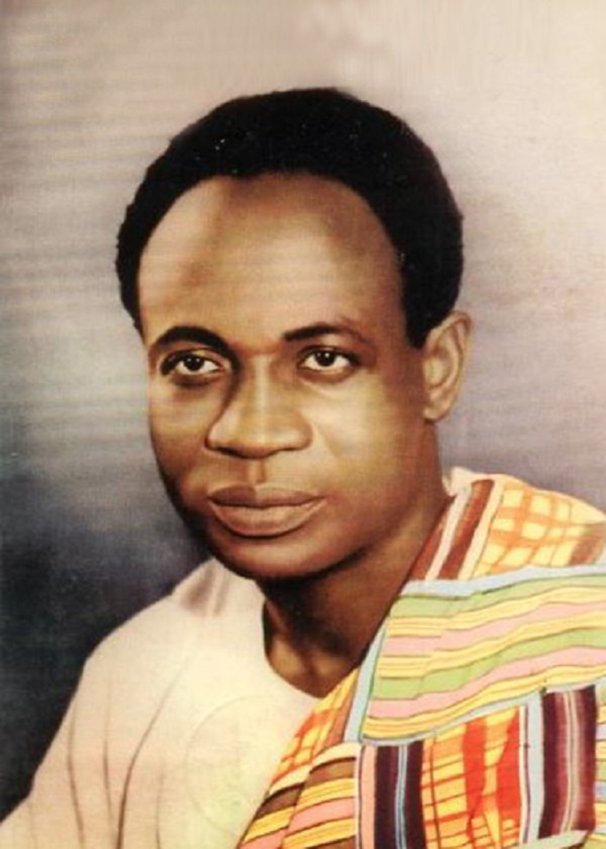
Alan Kyerematen
The Minister of Trade and Industry, Alan Kyerematen, has called on African leaders to develop a new strategic framework to reshape the fortunes of industrialisation on the continent.
He pointed out that the immense prospects of industrialisation, coupled with the availability of huge natural resources, could bring good fortunes to the continent.
Speaking at the 17th Extra Ordinary Session of the Africa Union (AU) on Industrialization and Economic Diversification in Niger, Mr Kyerematen asked African leaders to seriously embrace industrialisation as it is the surest means out of the deep poverty and large levels of unemployment facing citizens of African nations.
He noted that the difficulties most African countries faced during the peak of the COVID-19 pandemic outbreak as well as the ongoing Russia-Ukraine war should be a wakeup call.
“Excellencies, it is a paradox of history that although Africa controls most of the strategic mineral resources of the world, has almost 60% of all arable lands, is endowed with the most extensive water bodies and has some of the richest forest resources, Africa still accounts for only 1.9% of global manufacturing and controls less than four percent of global trade,” he said.
“The answer to this paradox is for Africa to industrialise and add value to its natural resources. It is not by coincidence that the most powerful economies in the world also happen to be the most industrialised. It is against this background that I wish to commend highly the efforts of the AU Commission in bringing a new impetus for the industrialisation of our continent,” he added.
The reality
Mr Kyerematen noted that the process of industrialisation comes with the outlay of huge financial resources, among other things, but underscored the need for African leaders to adopt measures that will help to make this possible.
According to him, “Africa will industrialise only if we plan for it through deliberate, consistent, and systematic efforts both at the regional and national levels.”
“Africa cannot industrialise without investment capital. African ggovernments will, therefore, need to introduce business regulatory reforms that will attract private capital, both domestic and foreign, into industrial development activities,” the Trade Minister added.
To this end, Mr Kyerematen encouraged the AU Commission to initiate the formulation of a new strategic framework for Africa’s industrialisation, learning from the experiences of the implementation of Accelerated Industrial Development of Africa (AIDA) strategy.
Ghana’s story
Mr Alan Kyerematen shared Ghana’s comprehensive 10-point industrialisation agenda, led by the One District One Factory (1D1F) initiative with the leaders.
“Excellencies, in Ghana we have launched and are implementing a Comprehensive Ten Point Plan for Industrial Transformation which includes amongst others, the flagship “One District One Factory” initiative which seeks to decentralise industrialisation, and the establishment of Strategic Anchor Industries, which seek to diversify the Ghanaian economy away from cocoa and gold. Ghana is ready and willing to share our experiences with sister African countries,” Mr Kyerematen said.





